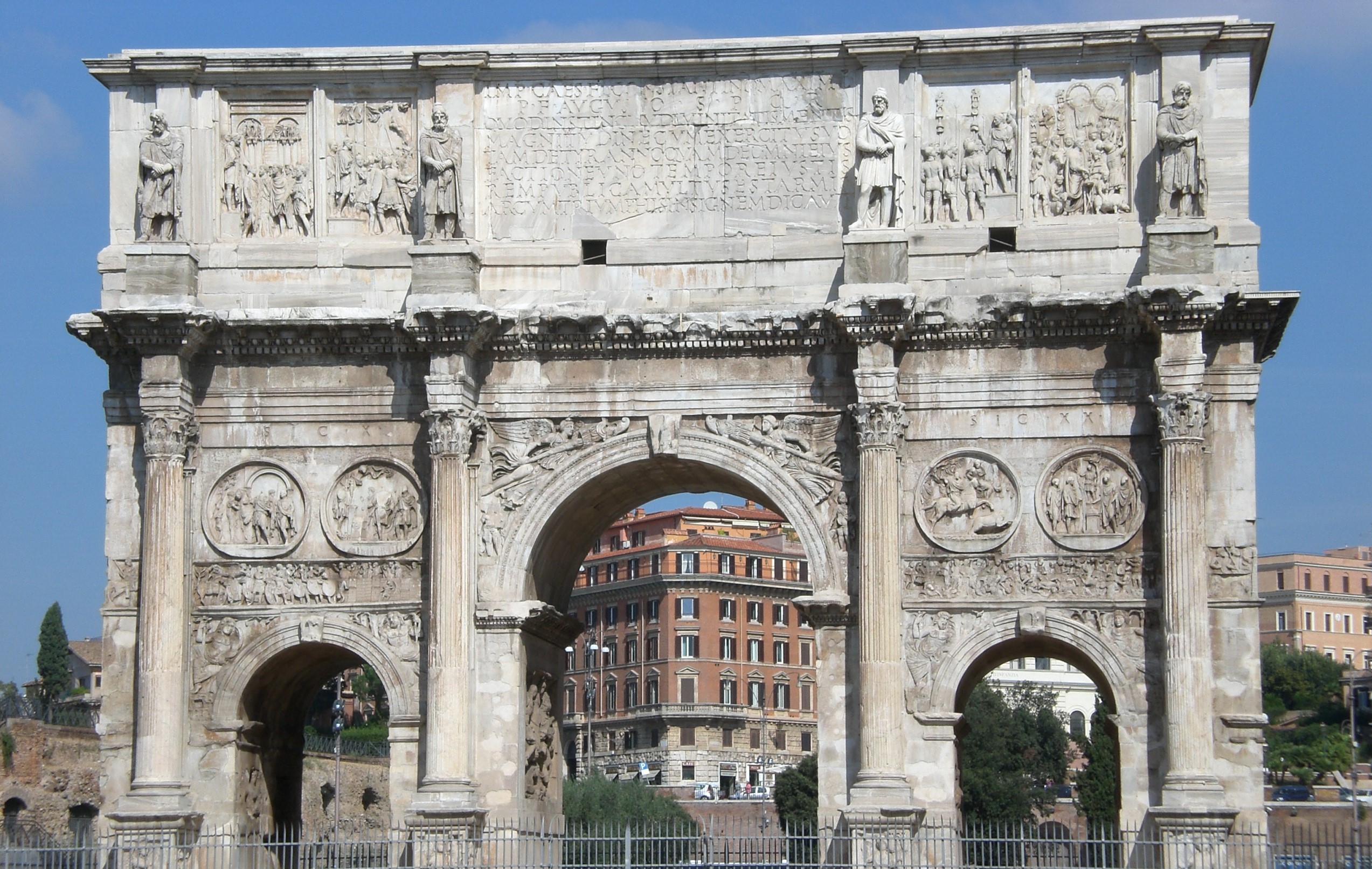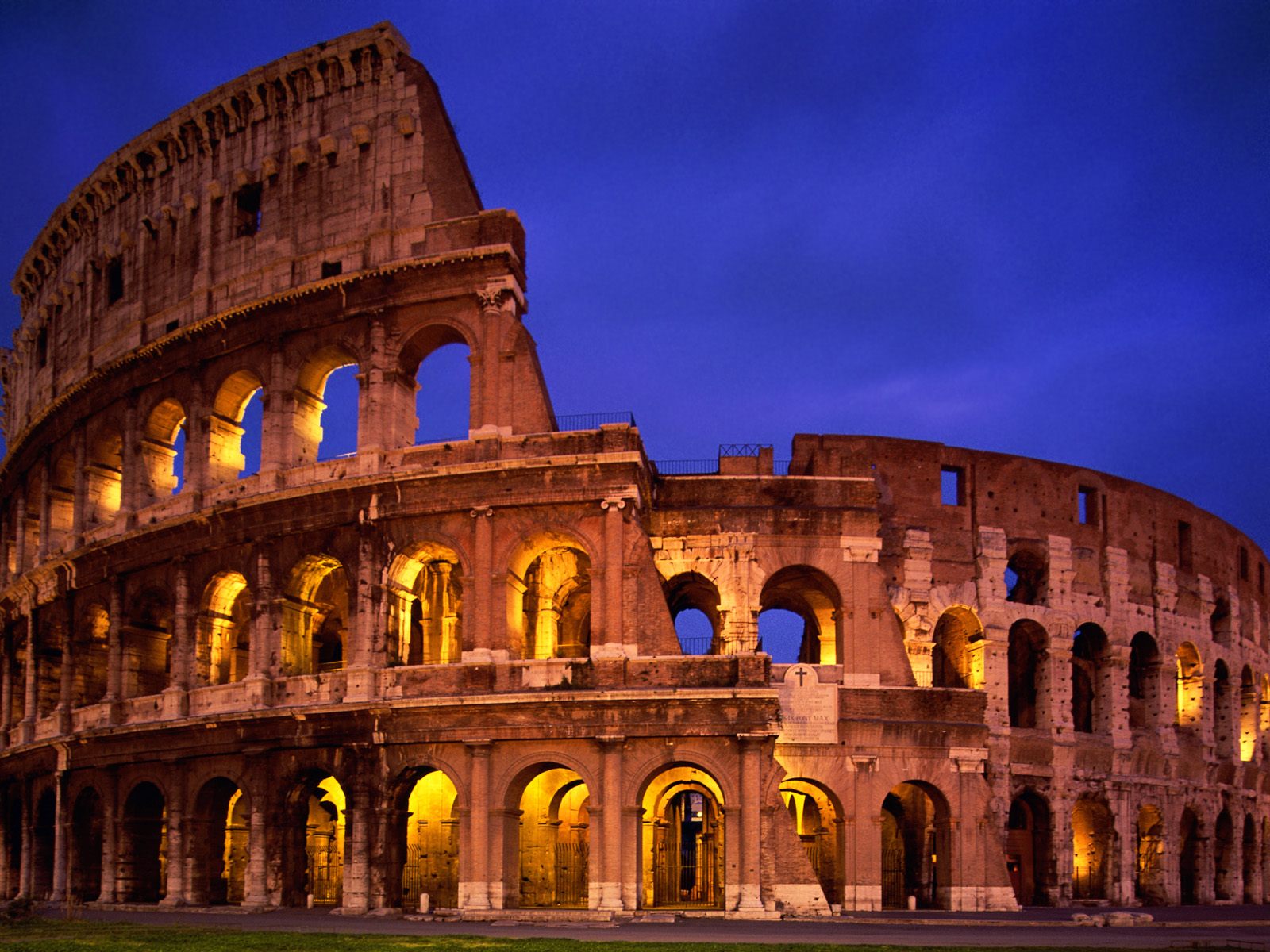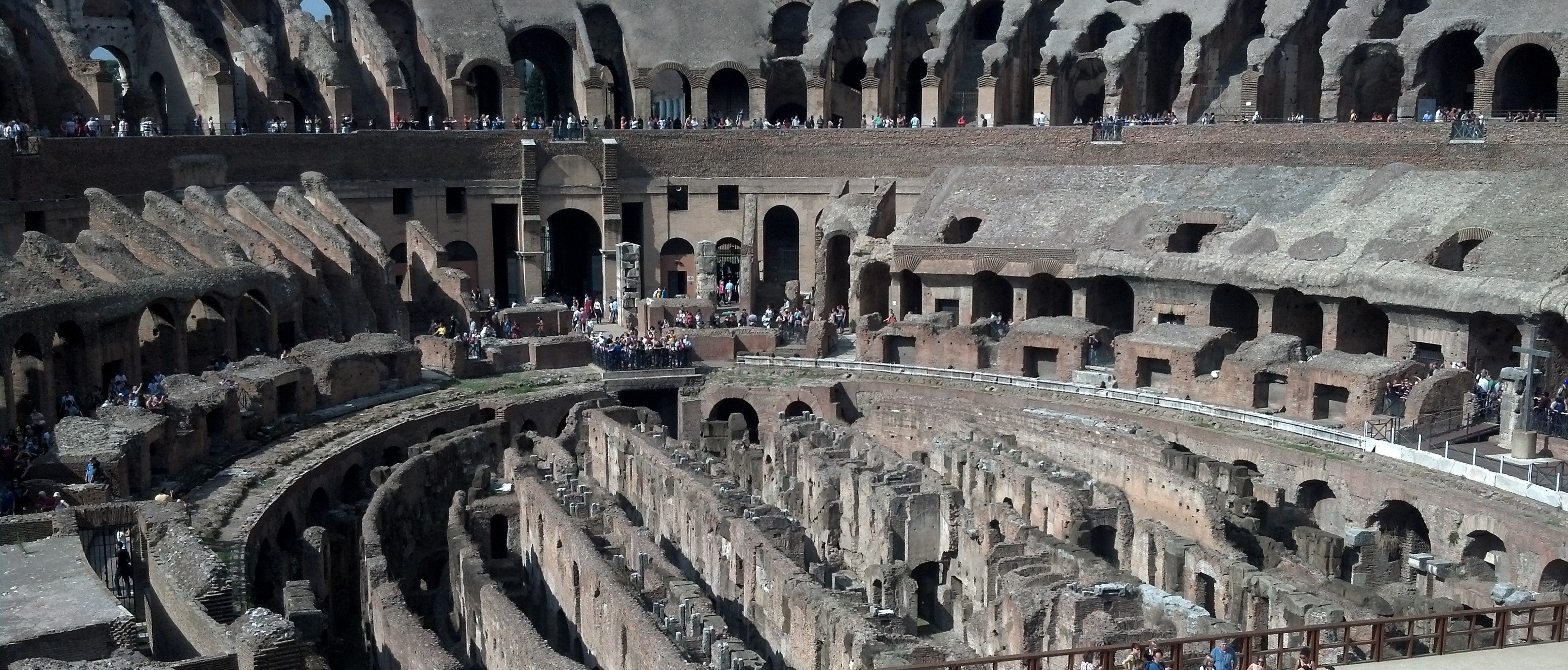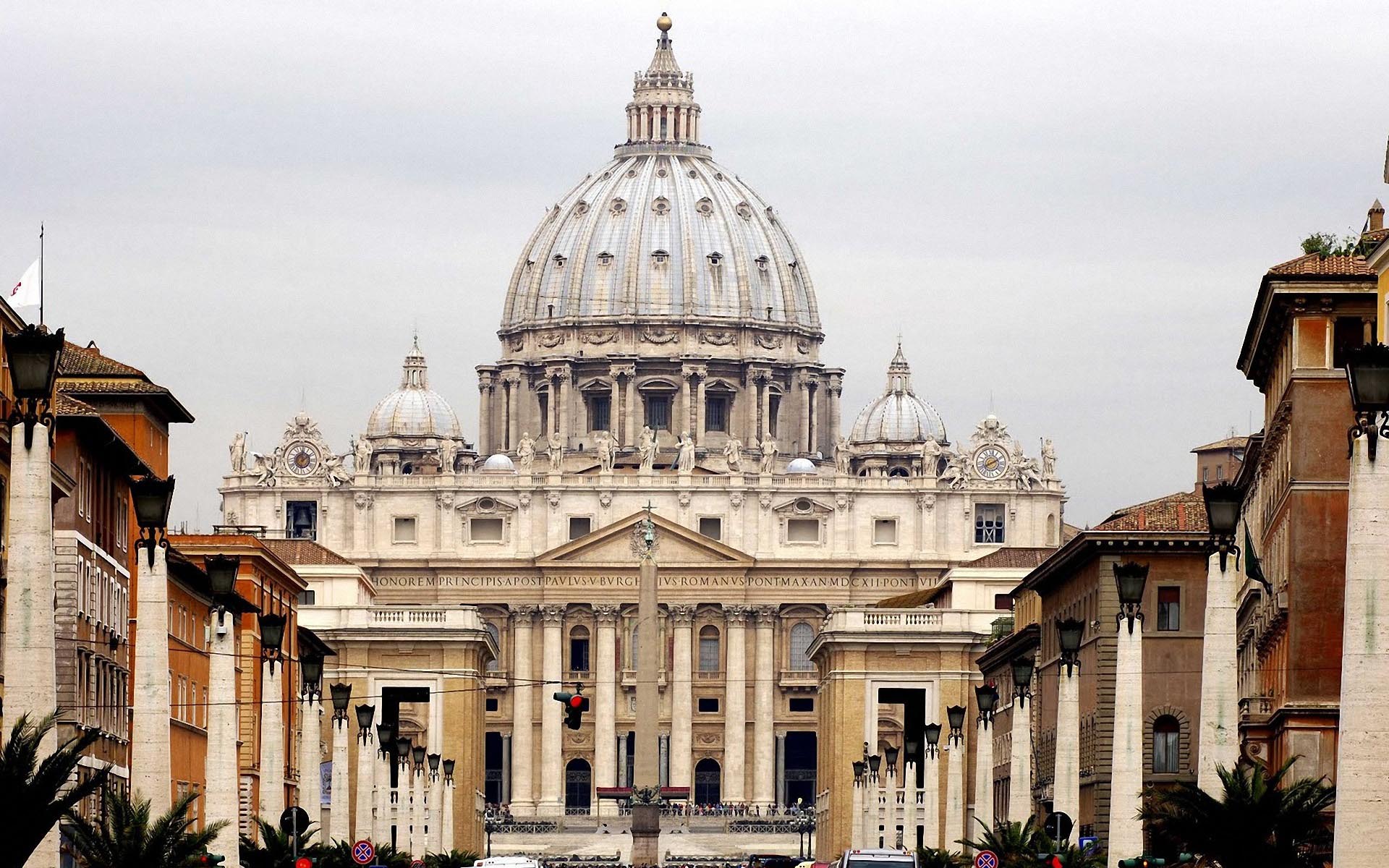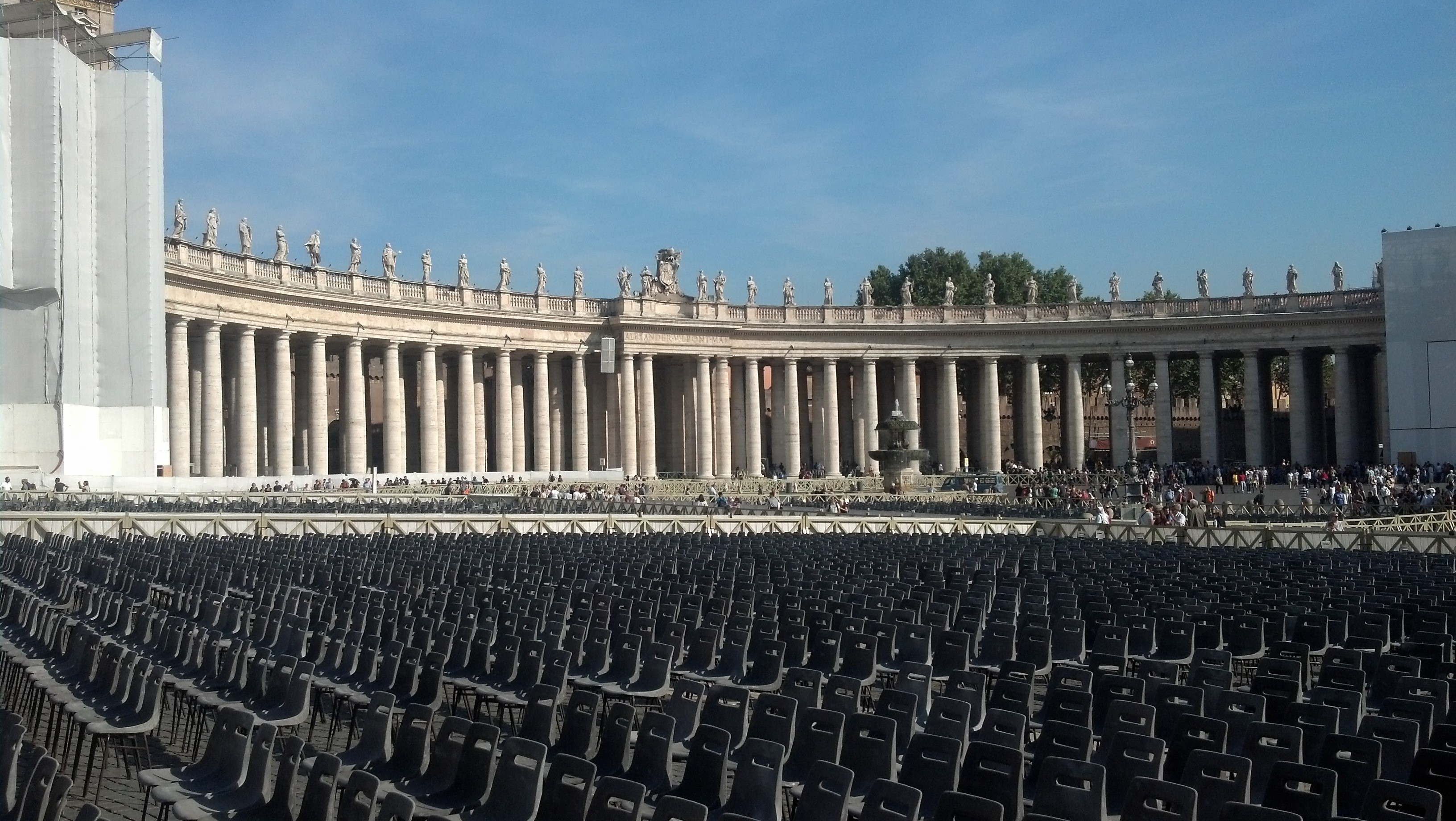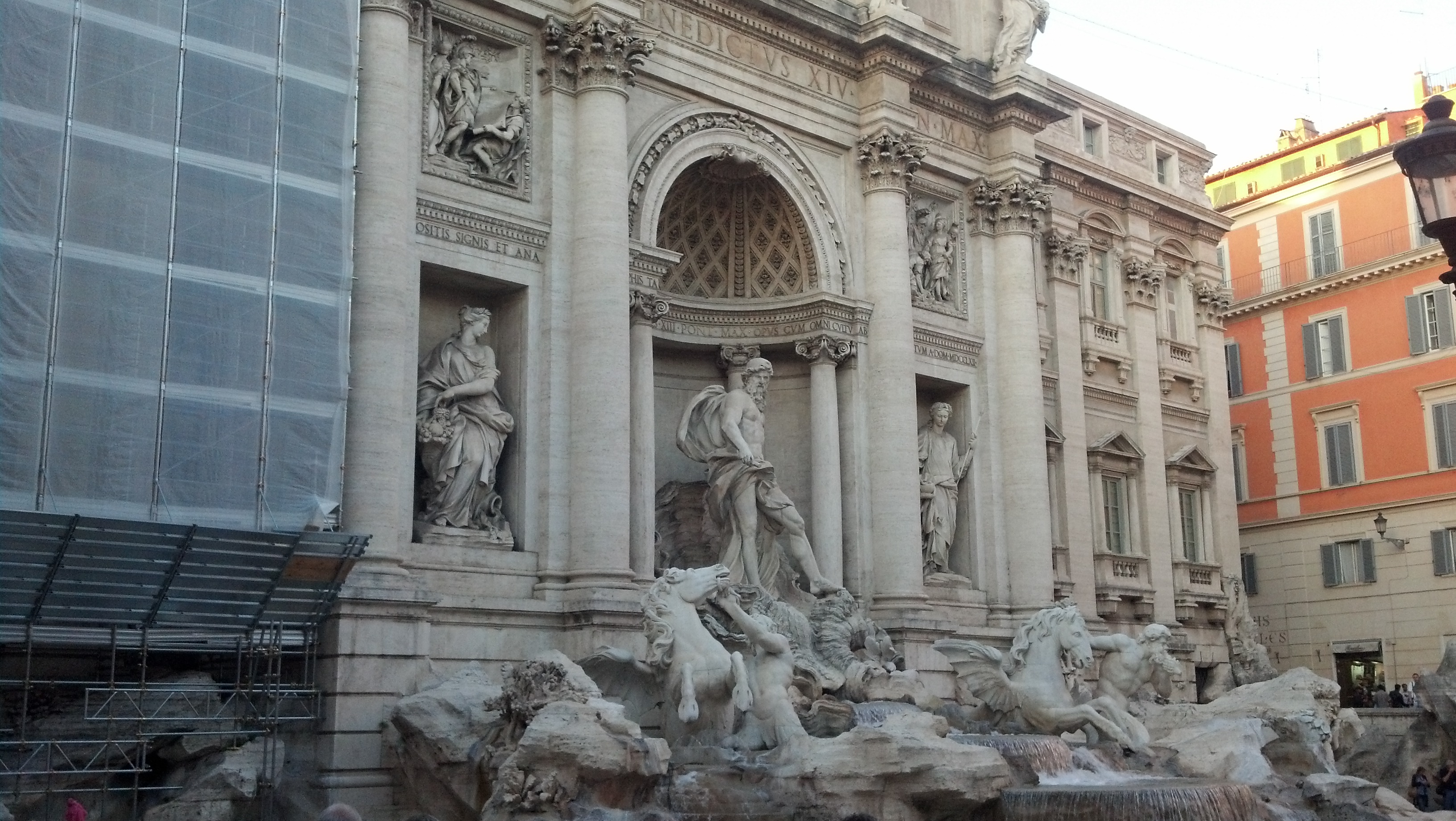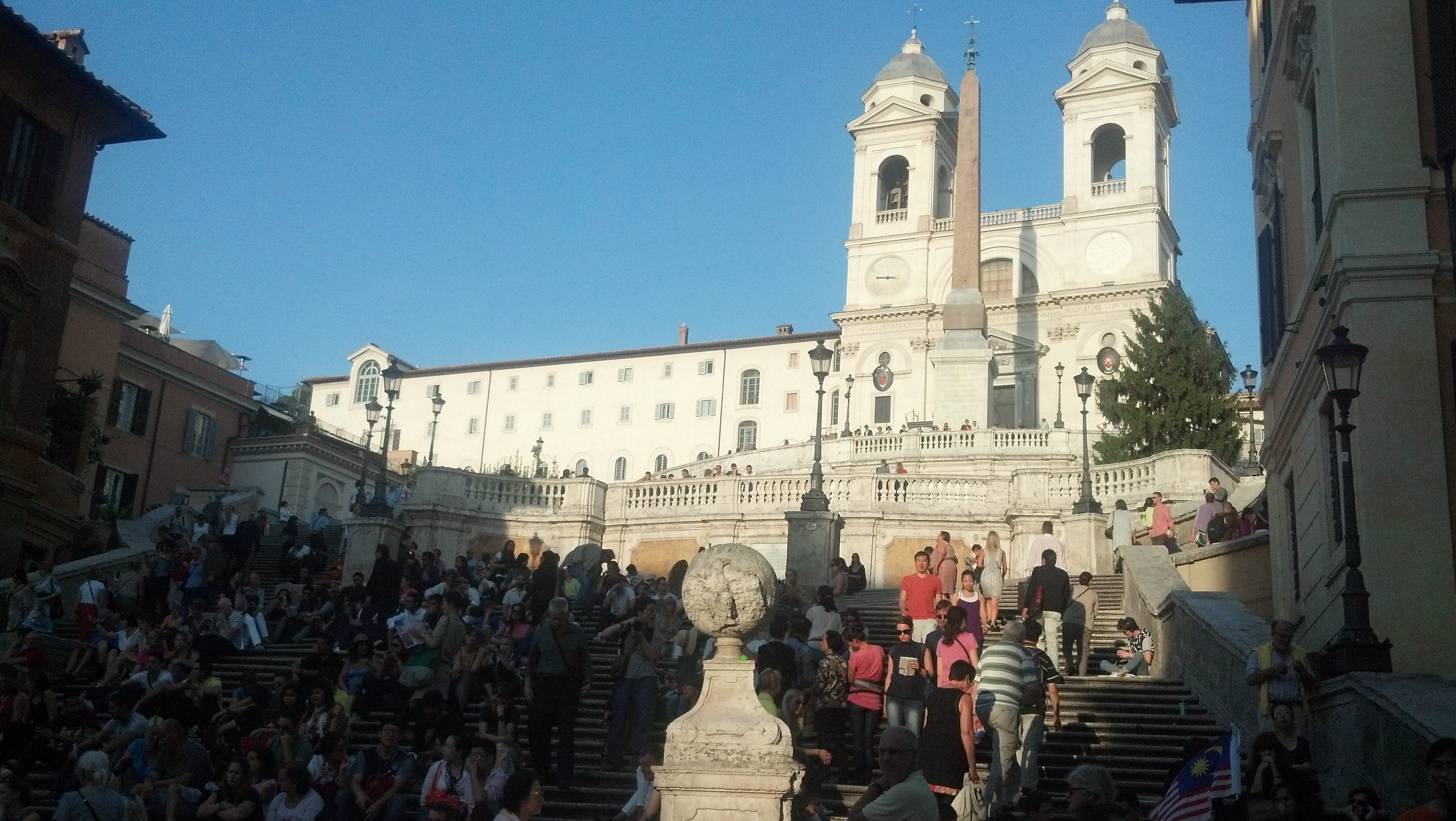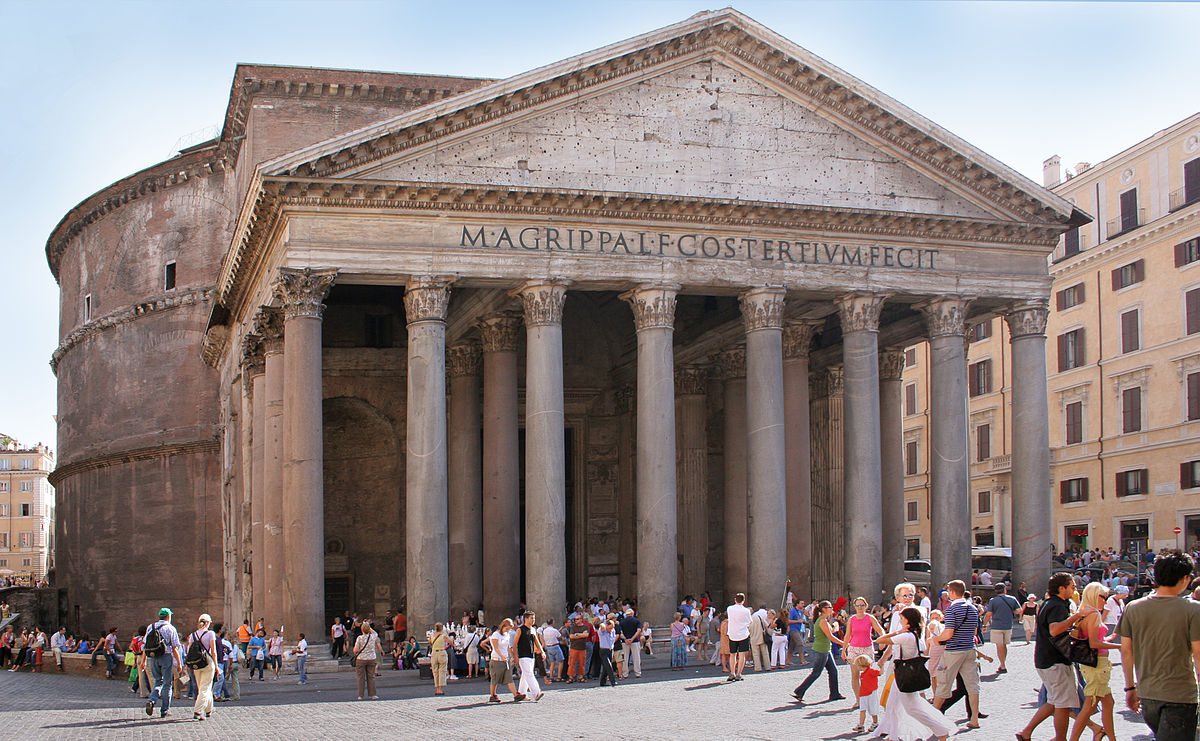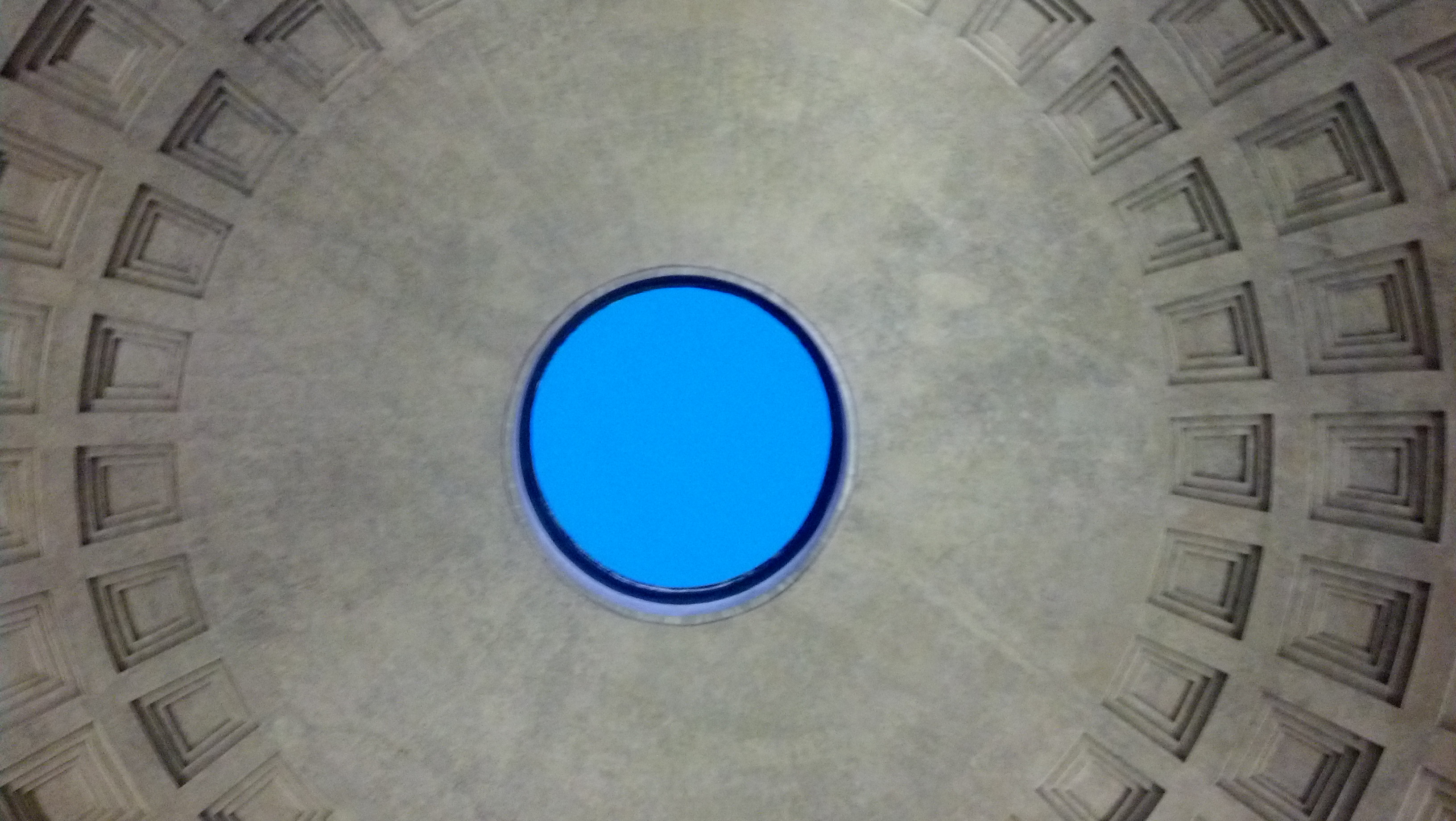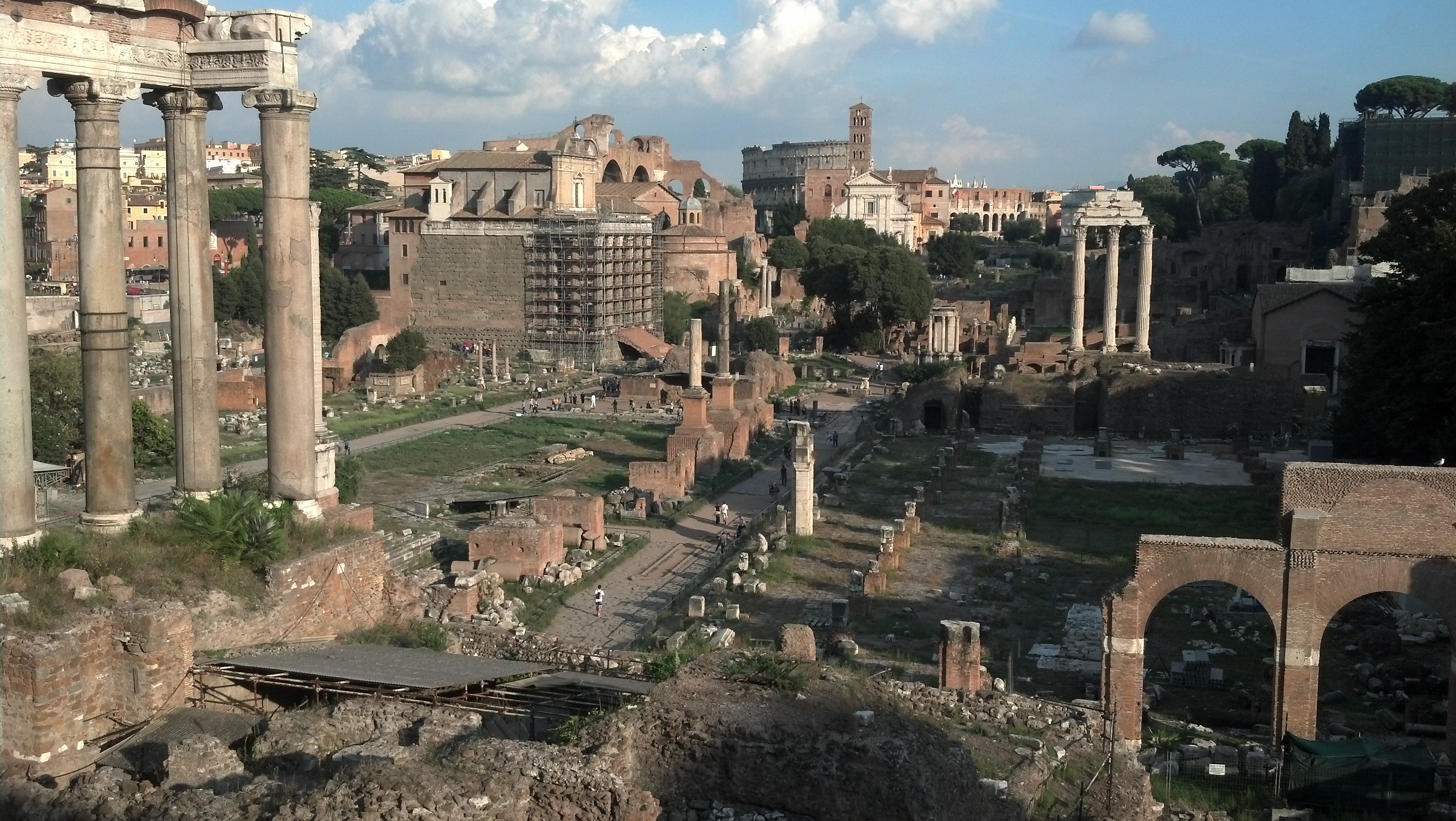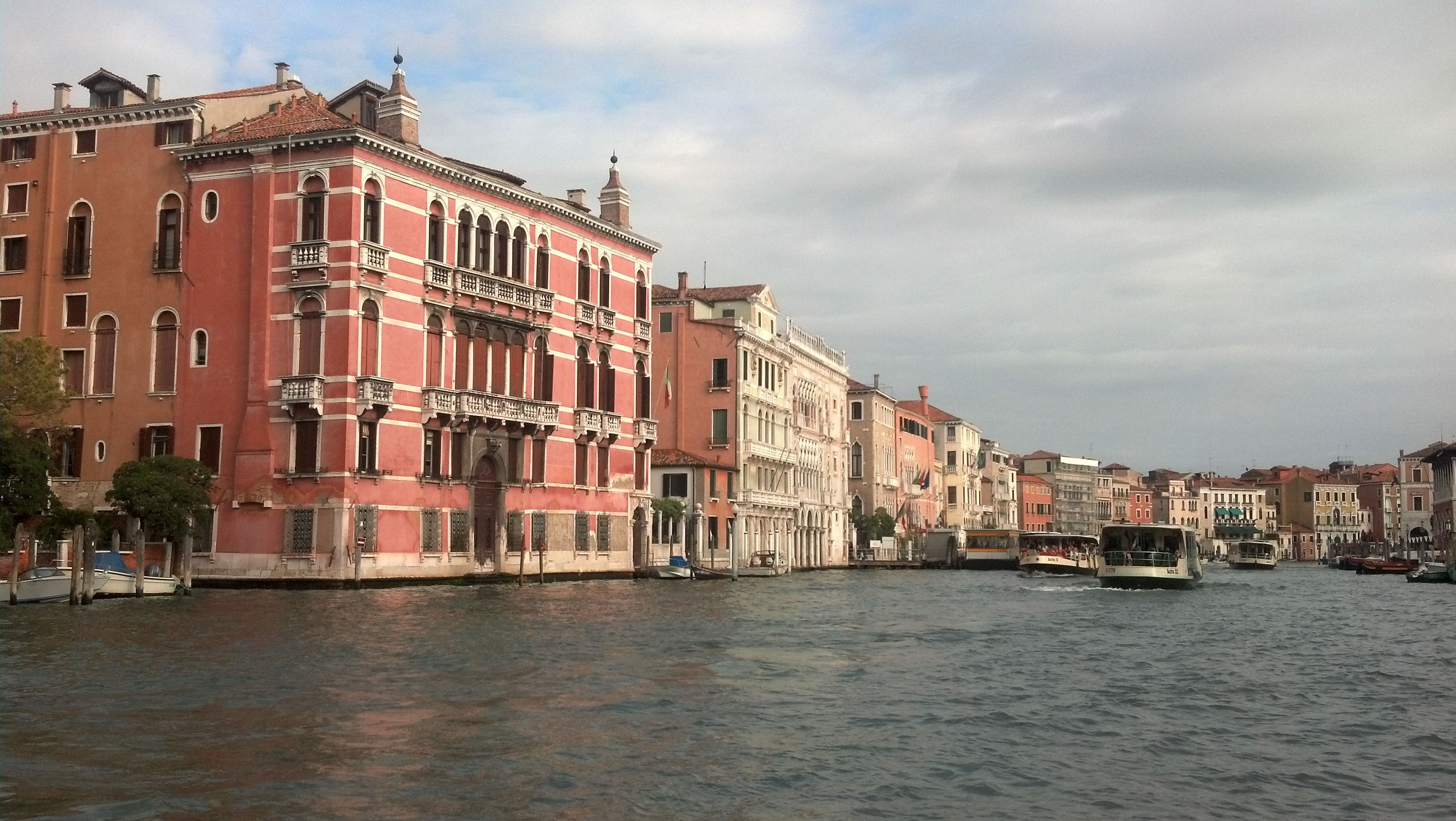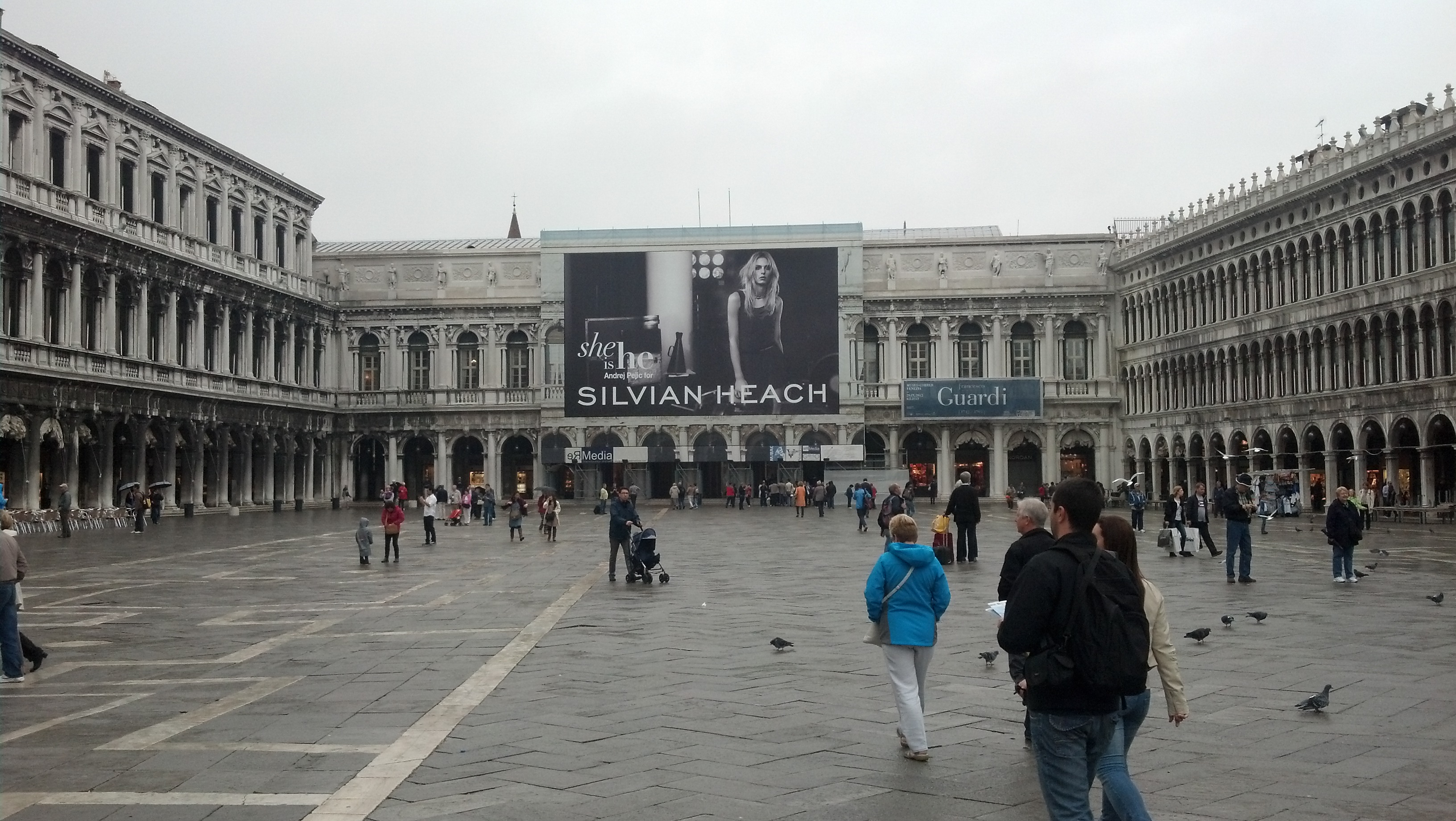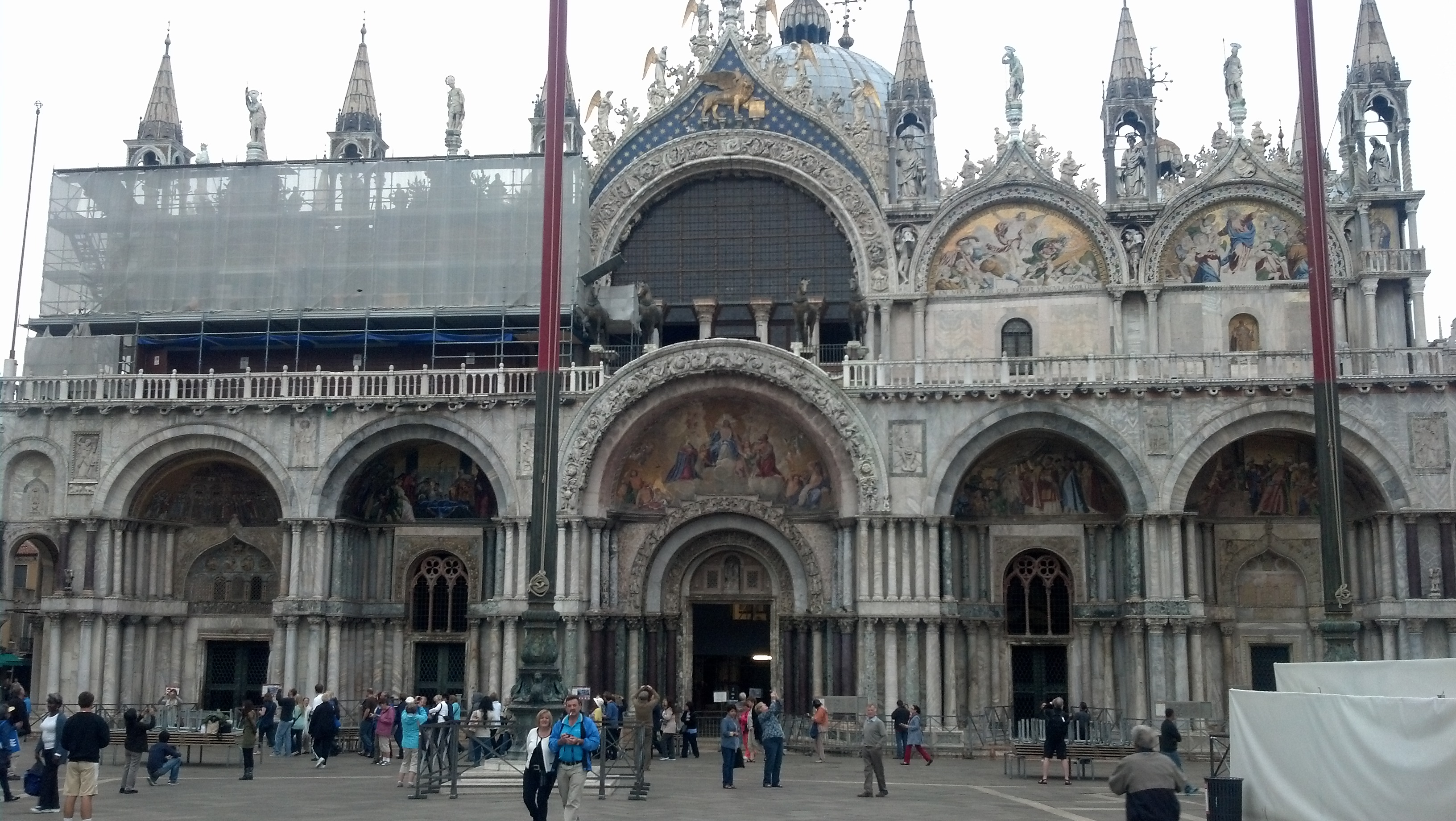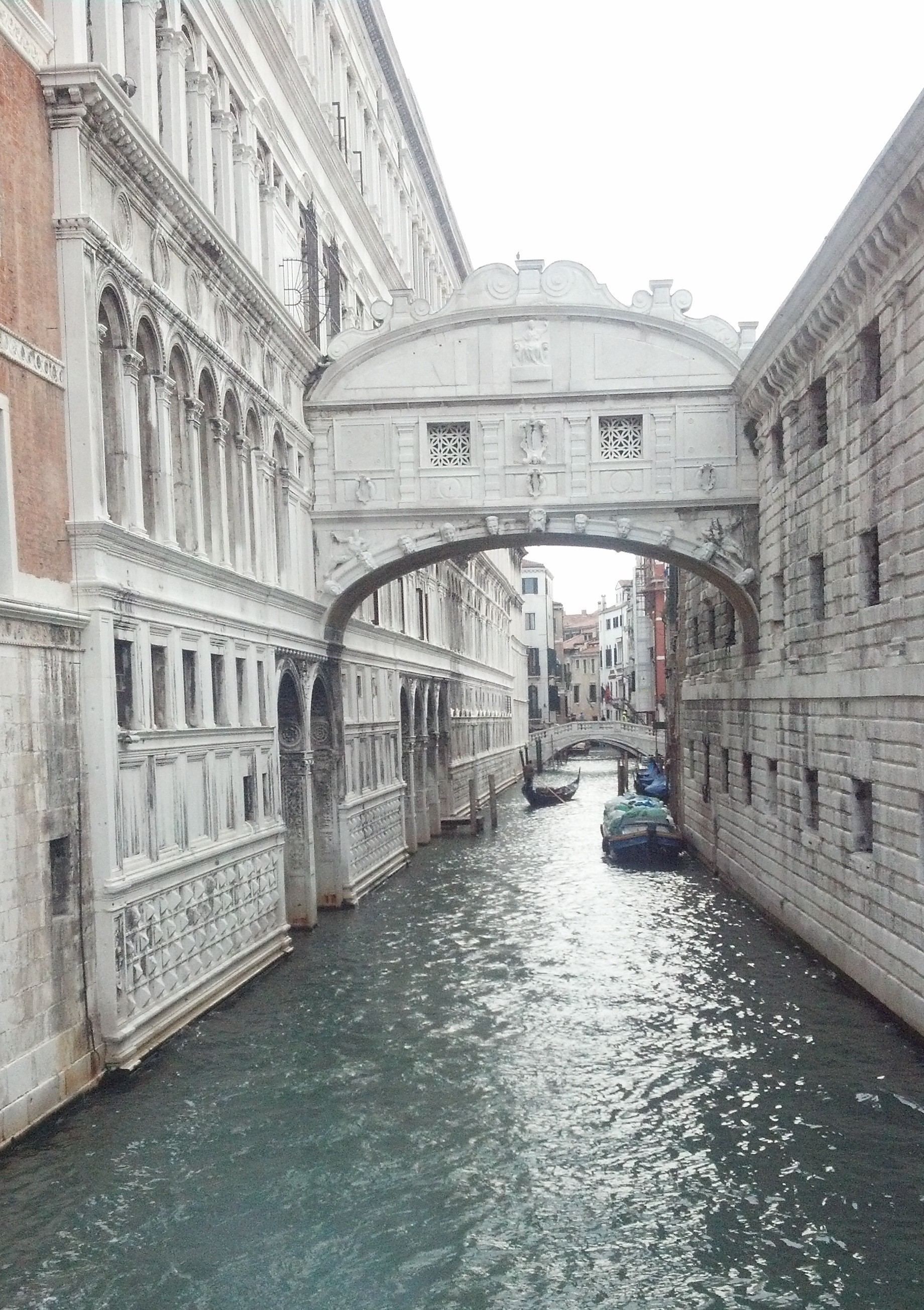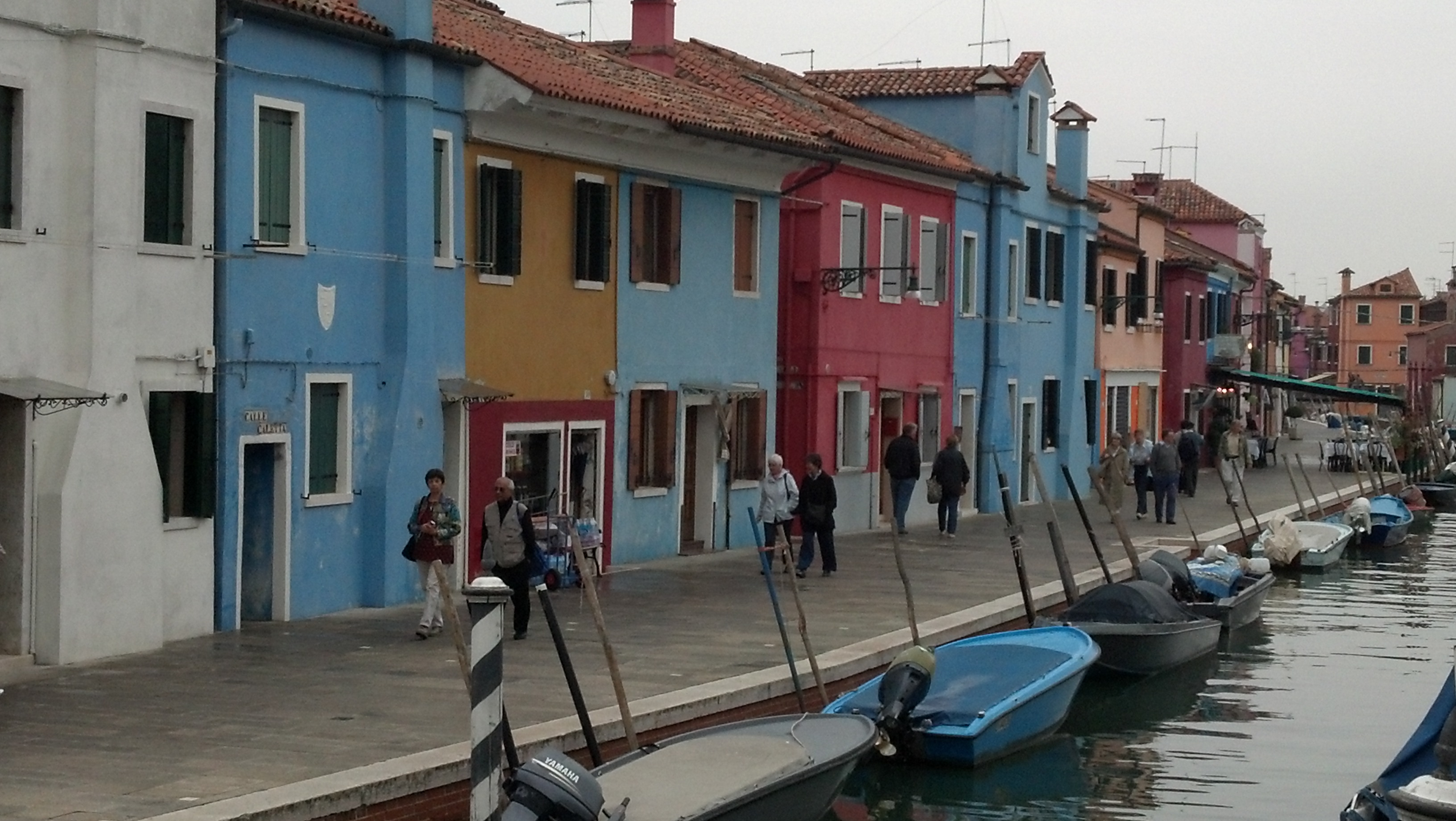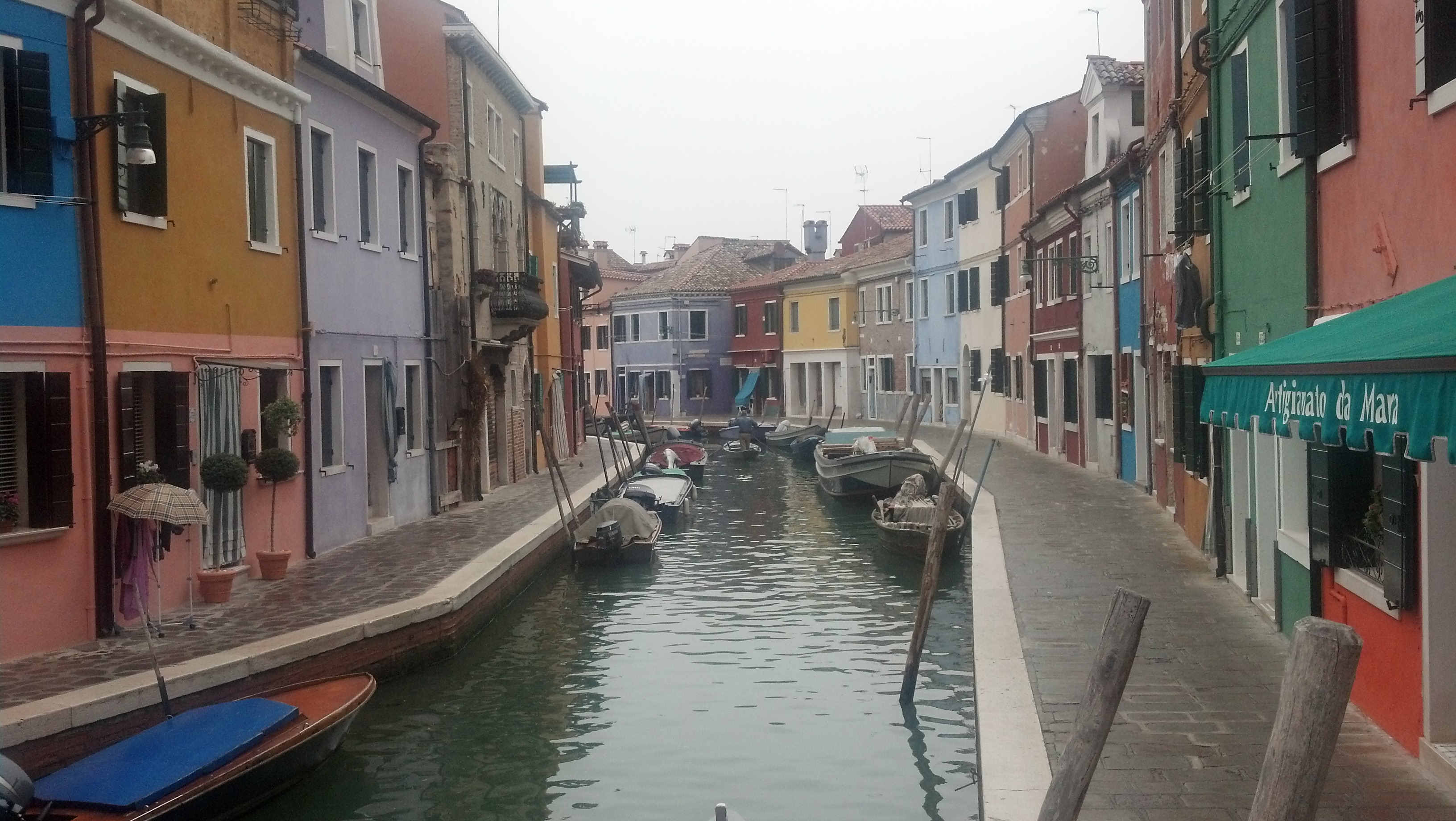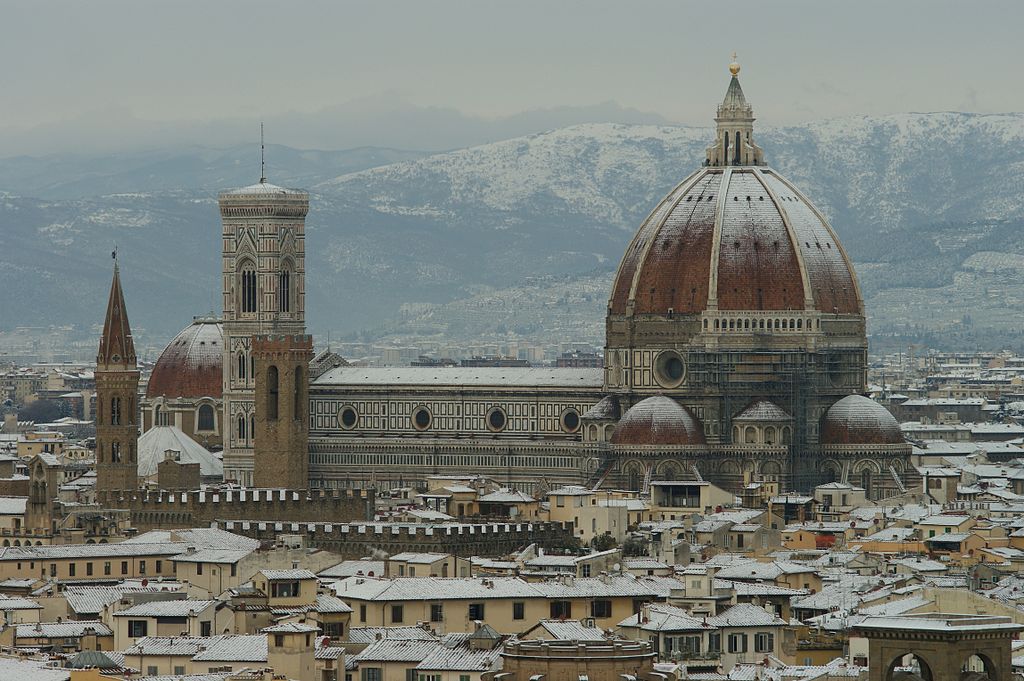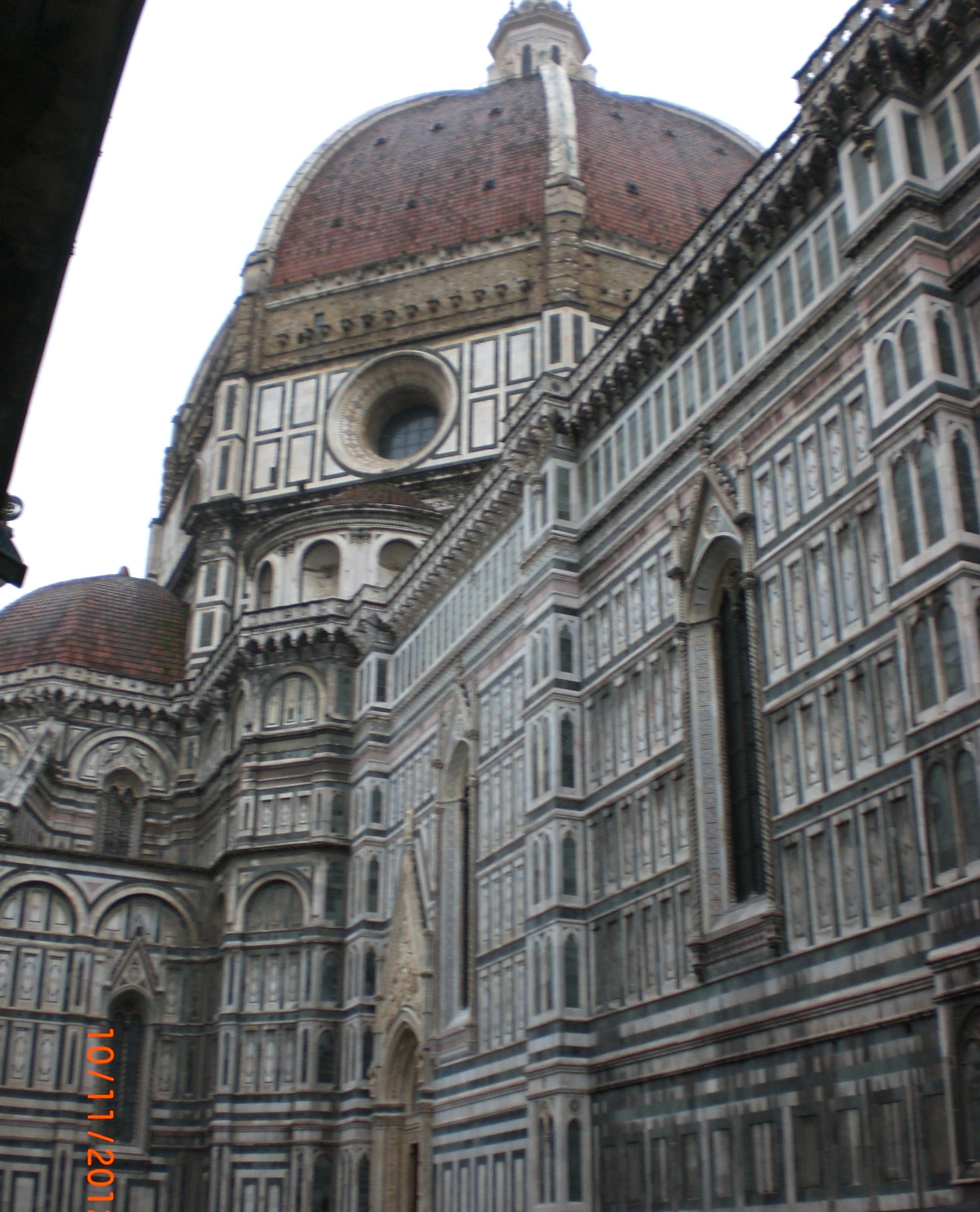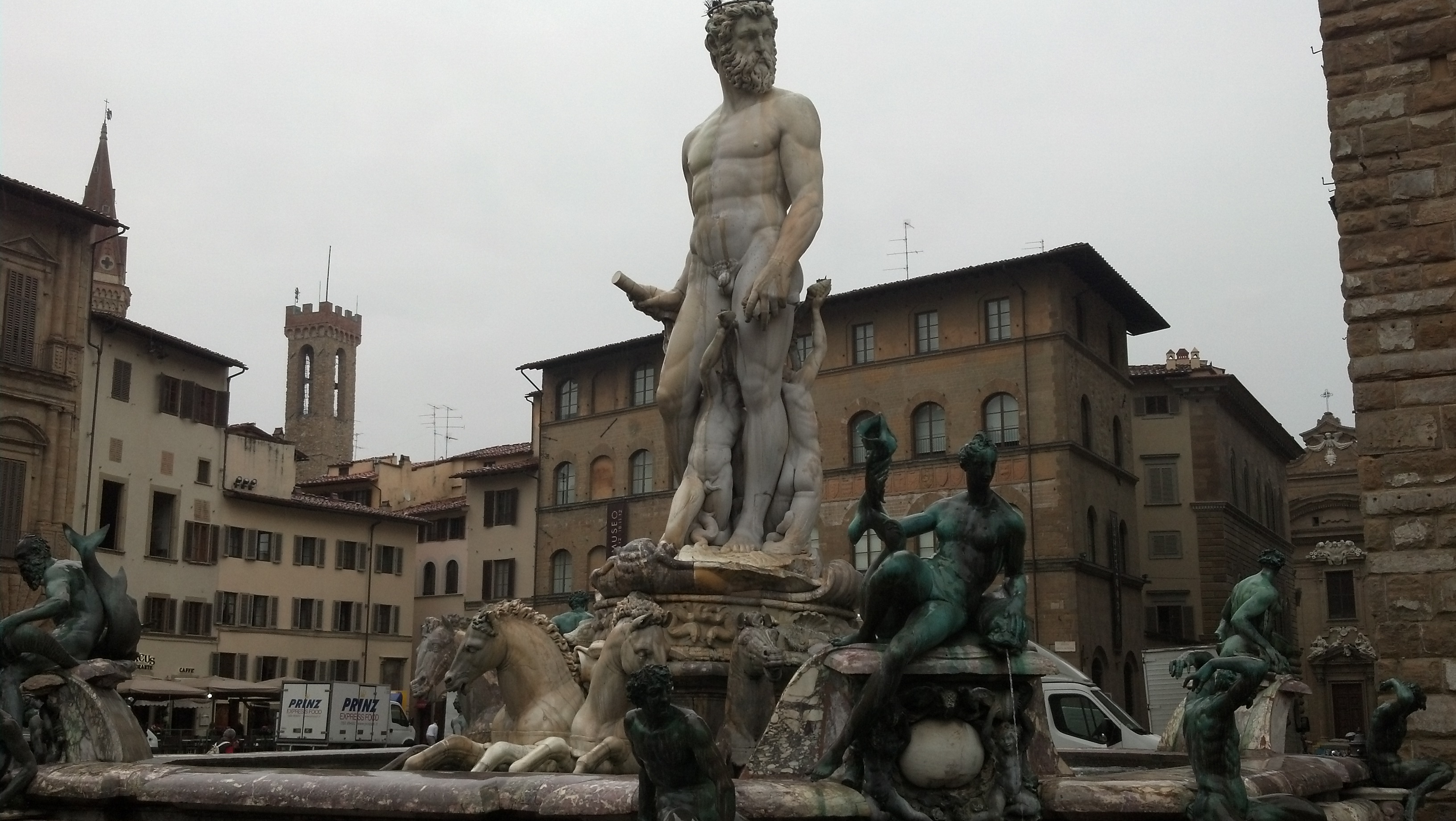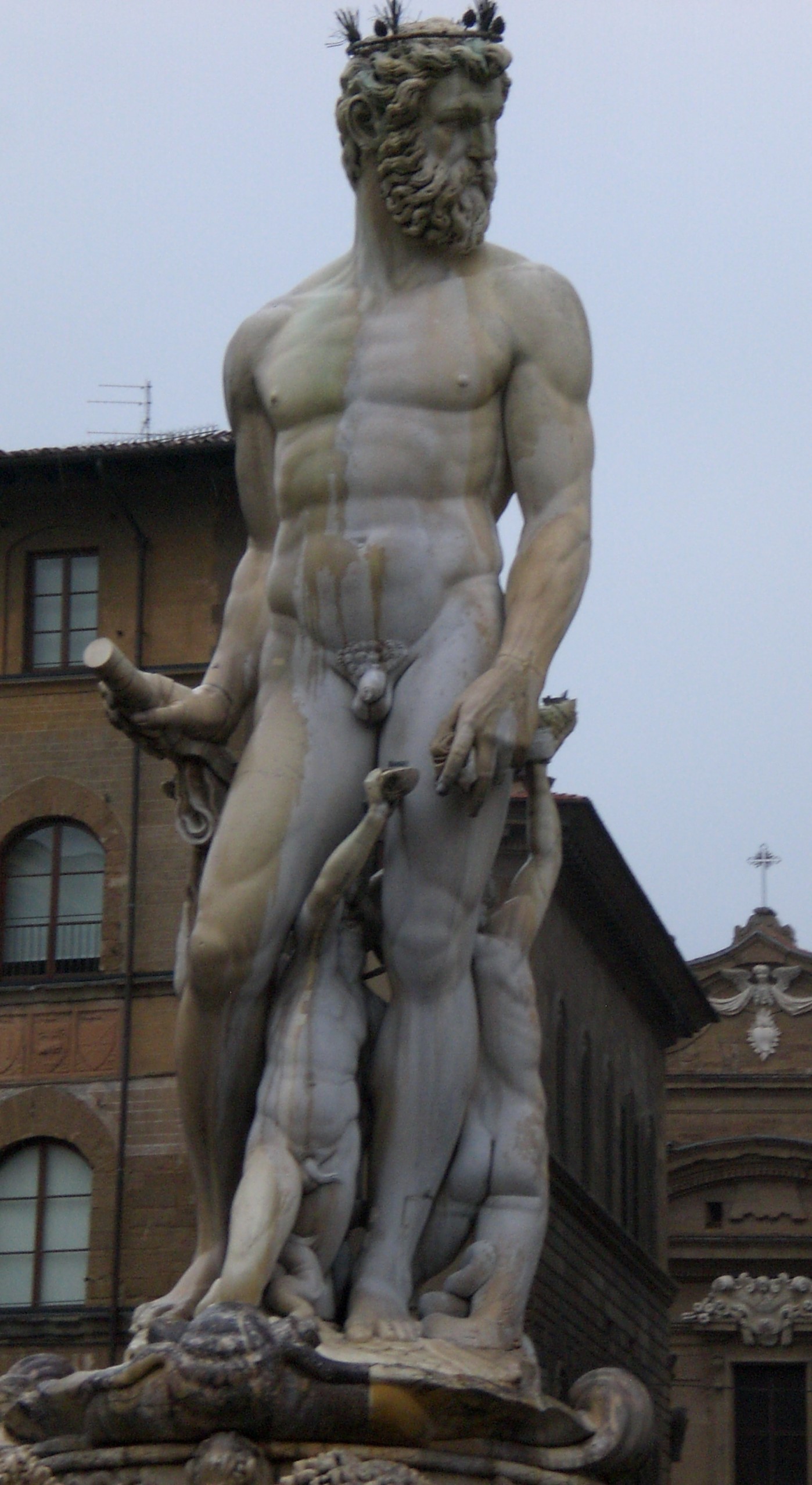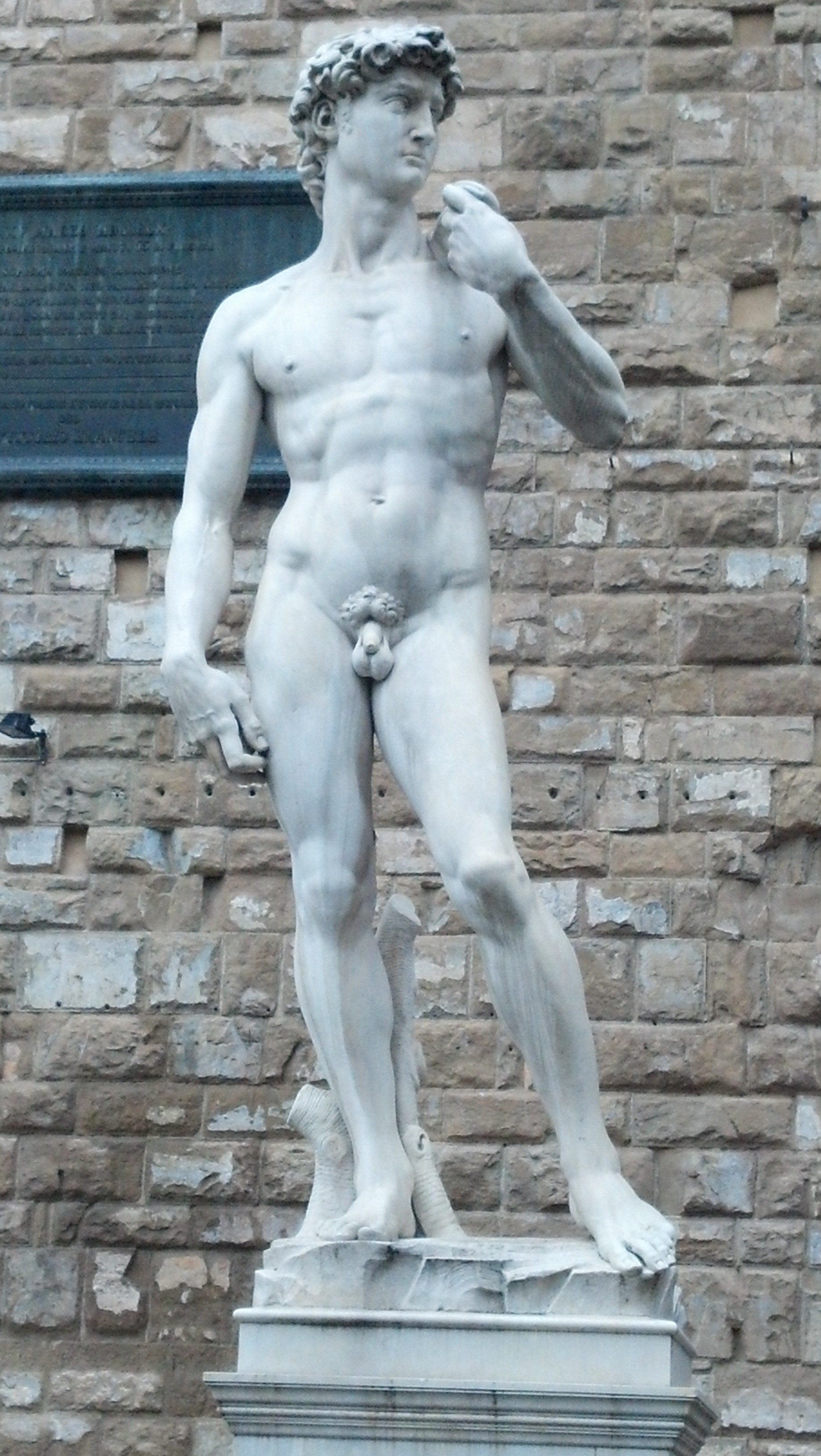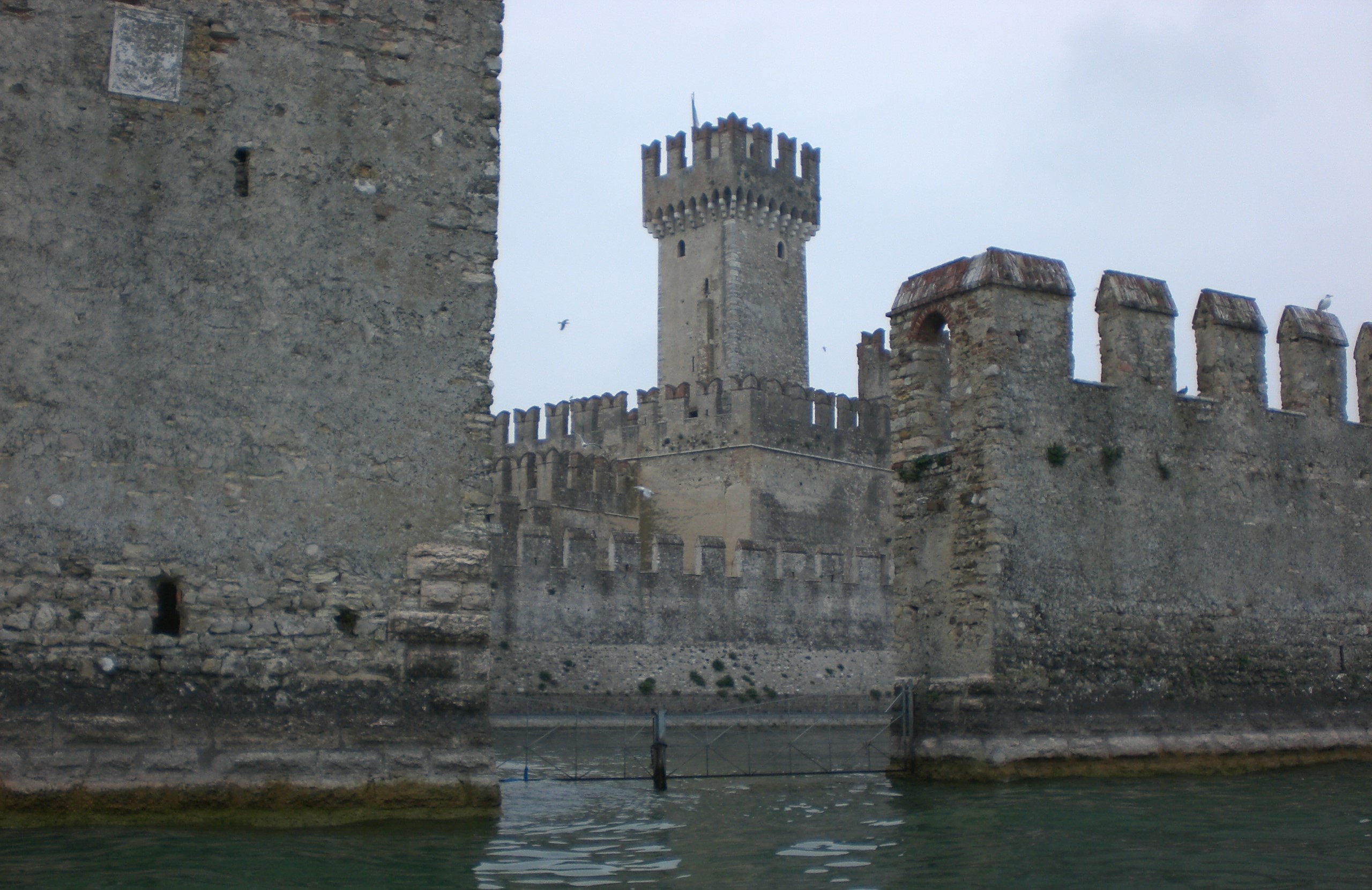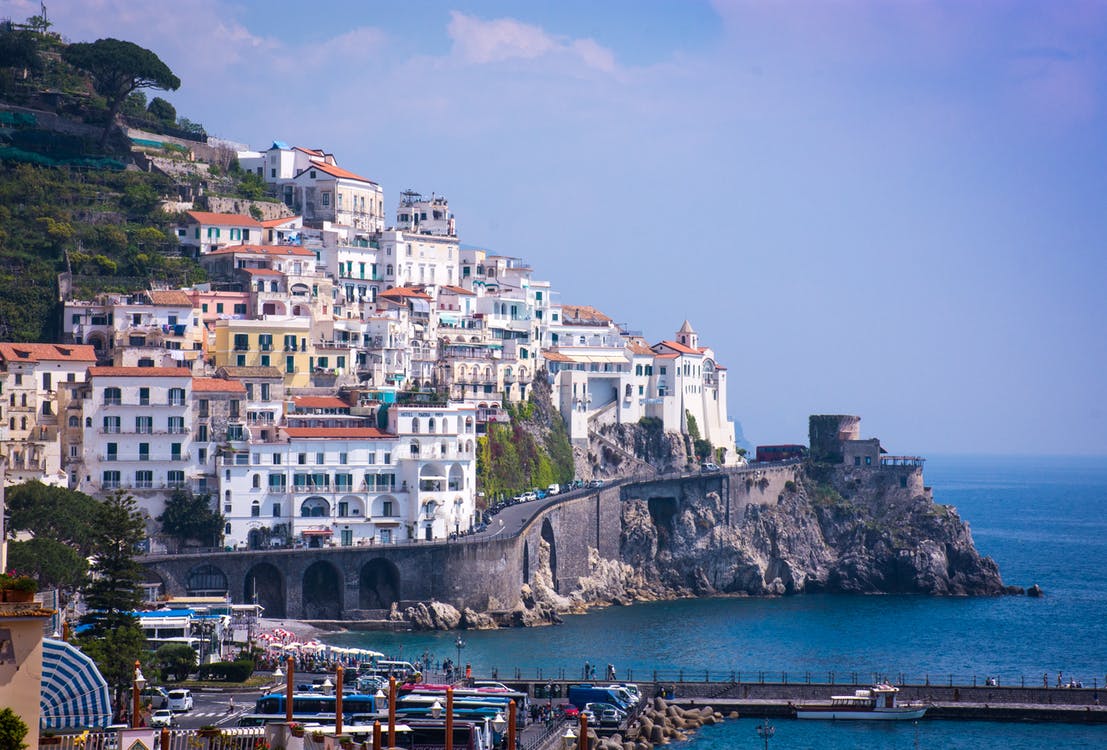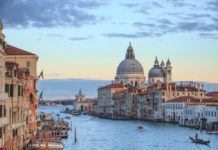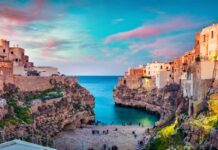Rich in history, cultural influence from art and science, architecture, cuisine and much more, Italy remains one of the top tourist destinations for people around the world. There is so much to see and do in Italy. You can spend weeks within the eternal city and capital, Rome, and still not see everything in just that city. Still, you would come away from just visiting Rome so much richer for the experience that you would want to come back and visit more such as these 16 best places to visit in Italy.
You wouldn’t be disappointed. There is so much more to Italy. From the Alps that form the northern boundary of Italy to the sweeping Mediterranean coastline of the Italian Peninsula, the country is a treasure trove of scenic delight. You have the southern islands of Sicily and Sardinia along with the splendor of the Amalfi coast, the undulating landscape of Tuscany, the cultural beacon of Florence, the beauty of the Riviera in Liguria and the wonder of Venice. Even with that, you still would not have experienced everything Italy has to offer.
So, where would you begin when trying to experience the vast beauty and history of Italy. To reuse a saying, “all roads lead to Rome.” If Greece is the birthplace of western civilization, Rome is the cradle. At one point, Rome was the world, its empire and influence stretching across the known boundaries of the world. The city was formed by an Italic tribe known as the Latins and Rome eventually evolved into a Republic and later an Empire and was the seat of civilization until the barbarian invasions.
Florence and the maritime cities noted above are must sees. There are so many hidden treasures in Italy, that you won’t be able to see everything if you visit. Some of those hidden treasure are Lake Garda, the Dolomites in the Alps, Lake Como, Marmore Falls in Umbria, the ruins of Pompeii, the leaning tower of Pisa and more.
However, if you can’t make it to Italy, we can always bring it to you. The following is a travelogue of sites and photos of Italy. Hopefully, they will provide they will provide the inspiration to visit this land rich in beauty, culture and tradition.
1. Arch of Constantine, Rome
Construction started on this triumphal in 312 AD and was finished and dedicated in 315 AD. Located between the Colosseum and the Palatine Hill, the structure is the largest triumphal arch in Rome.
2. The Colosseum, Rome
Perhaps the most iconic monument to the Roman empire, the Colosseum was commissioned for construction by the emperor Vespasian in 72 AD and was completed in 80 AD. A marvel of ancient engineering, the Colosseum could hold about 50,000 people. It was where most public events were held, such as gladiatorial contests, reenactment of battles, executions, and more.
The floor of the Colosseum was made of wood and covered by sand. Beneath the floor was the labyrinth of tunnels, cages, ramps, and lifts called the hypogeum. There is where combatants, decorations and other surprises would emerge onto the Colosseum floor.
3. The Vatican – 16 Best Places to Visit In Italy
Located within the city of Rome, Vatican city is an independent state. It is governed by the Catholic church with the ruler of the city, the Bishop of Rome – the Pope. Formed in 1929 by the Lateran Treaty, the Vatican features religious and cultural sites such as St. Peter’s Basilica, the Sistine Chapel and the Vatican museums.
4. Trevi Fountain, Rome
Completed in 1762, the Trevi Fountain is located in the Trevi district of Rome. Featuring an elaborate Baroque design with the centerpiece a large statue of Neptune, the Fountain has appeared in several films which propagate a myth that if you throw a coin into the fountain, it will ensure your return to Rome.
5. The Spanish Steps, Rome
The Spanish Steps is a stairway of 135 steps linking the Piazza di Spagna at the base and Piazza Trinità dei Monti, dominated by the Trinità dei Monti church at the top.he top. The construction of the Spanish Steps was completed in 1725 and is now a popular tourist attraction.
6. The Pantheon, Rome – 16 Best Places to Visit In Italy
A former Roman temple dedicated to all gods, hence the name Pantheon, the ancient structure is now a church in Rome. The Pantheon was commissioned by Marcus Agrippa and later completed by the emperor Hadrian in 125 AD. The Pantheon is a testament to ancient engineering. The inner rotunda’s ceiling is a coffered concrete dome with a central opening. or oculus. to the sky. The dome remains the world’s largest unreinforced dome.
7. Roman Forum, Rome
Located in the small valley between the Palatine and Capitoline Hills, the Forum was the center of ancient Roman life. It was originally a marketplace but expanded to become a place where citizens would meet for public debates, elections, triumphal processions and more. The valley that houses the Forum was drained in 7th century BC and constructions of a multitude of buildings followed to create what was to become the cultural and commercial center of ancient Rome.
8. Grand Canal, Venice
The Grand Canal is the main thoroughfare into the city of Venice, a collection of 118 islands located in the shallow Venetian lagoon between the Po and Piave rivers and connected by canals and bridges. Venice is believed to have been created by Romans fleeing from the barbarian invasions. It is said there were 12 founding families that formed Venice around 425 AD. The buildings of Venice are constructed on foundations of limestone that sit on top of wooden piles. The piles penetrate a softer layer of sand and mud to rest of a firm bed of compressed clay.
9. Piazza San Marco, Venice – 16 Best Places to Visit In Italy
Also known as St. Mark’s Square, the Piazza San Marco is the main public square within the city of Venice. The Piazza is home to restaurants and retail shops that line its interior as well as St. Mark’s Bassilica, The Piazza is said to have been created around 819 AD with the construction of a chapel dedicated to St. Theodore, the first patron saint of Venice. In 836 AD, the first church of St. Mark was constructed in order to hold relics of St. Mark that was brought to Venice in 828.
10. Bridge of Sighs, Venice
Built in 1600, the Bridge of Sighs is one of the mot famous bridges in the world. It passes over the Rio di Palazzo and connects the New Prison (Prigioni Nuove) to the interrogation rooms in the Doge’s Palace. The bridge is made of white limestone with barred windows. The term, Bridge of Sighs was coined by Lord Byron as a suggestion that prisoners would sigh at their final view of Venice.
11. Burano, Venice
Known for its lace and brightly colored homes, Burano is one of the islands within the Venetian lagoon. You can reach Burano by water bus. It is also connected by bridge to another island, Mazzorbo.
12. Florence Cathedral – Duomo, Florence – 16 Best Places to Visit In Italy
In the region of Tuscany is its capital city, Florence.Established in 59 BC by Julius Caesar, Florence was the birthplace of theRenaissance and a haven to some of the greatest works of art in the world. Froman architectural standpoint though, Florence has many treasures with theFlorence Cathedral, or Duomo, one of the most striking.
Also known as Santa Maria del Fiore, the dome was first started in 1296 and was finally completed in 1436. The cathedral is in Piazza del Duomo, which also includes the Baptistry and Giotto’s Campanile. The three buildings in the Piazza del Duomo were declared a Heritage Site by UNESCO in 1982.
13. Piazza della Signoria – Fountain of Neptune, Florence
Located within Piazza della Signoria is Bartolomeo Ammannati’s Fountain of Neptune. Commissioned in 1565 by Cosimo de’ Medici, the fountain is a masterpiece of marble and bronze. It sits in front of the Palazzo Vecchio, which is the terminus of a still functioning Roman aqueduct. While the present statue is grand, the original no longer resides within theh Piazza. The original now resides in Italy’s National Museum.
14. Galleria dell’Accademia di Firenze – David, Florence
The Gallery of the Academy of Florence is home to many worksof art by Florentine artists but is best known for Michelangelo’s sculpture,David. The statue of David was moved to the Galleria dell’Accademia di Firenzein 1873 and has been there ever since.
Originally commissioned in 1501, David was part of a seriesof statues that were commissioned to be placed along the east end of theFlorence Cathedral. However, the placement of the statue changed to the PalazzoVecchio and was finally unveiled in September 8, 1504. While the originalstatue was later moved to the Galleria dell’Accademia di Firenze, a replica ofDavid still stands in the original location in the Palazzo Vecchio.
15. Scaligero Castle, Lake Garda – 16 Best Places to Visit In Italy
Located along the southern shore of Lake Garda, Scaligerocastle is part of the ancient fortified town of Sermione. Built in 1277, thecastle is one of the best preserved in Italy. It was originally constructed toprotect Sermione and its peninsula against enemies by serving as a port for theScaligero fleet. The castle is still well preserved, serving a military role untilthe 19th century.
16. Amalfi Coast
One of the most picturesque coastlines in the world, the Amalfi Coast is a section of coastline along the northern part of the SalernoGulf in southern Italy. There are 13 municipalities that comprise the Amalfi Coast which dates back to the 10th century when the territory was home to the Duchy of Amalfi, centered in the town of Amalfi. The only land route to the Amalfi Coast is the Strada Statale 163, which runs along the steep rugged coastline.
Article was originally published on Flyost.com, 16 Best Places to Visit In Italy.


